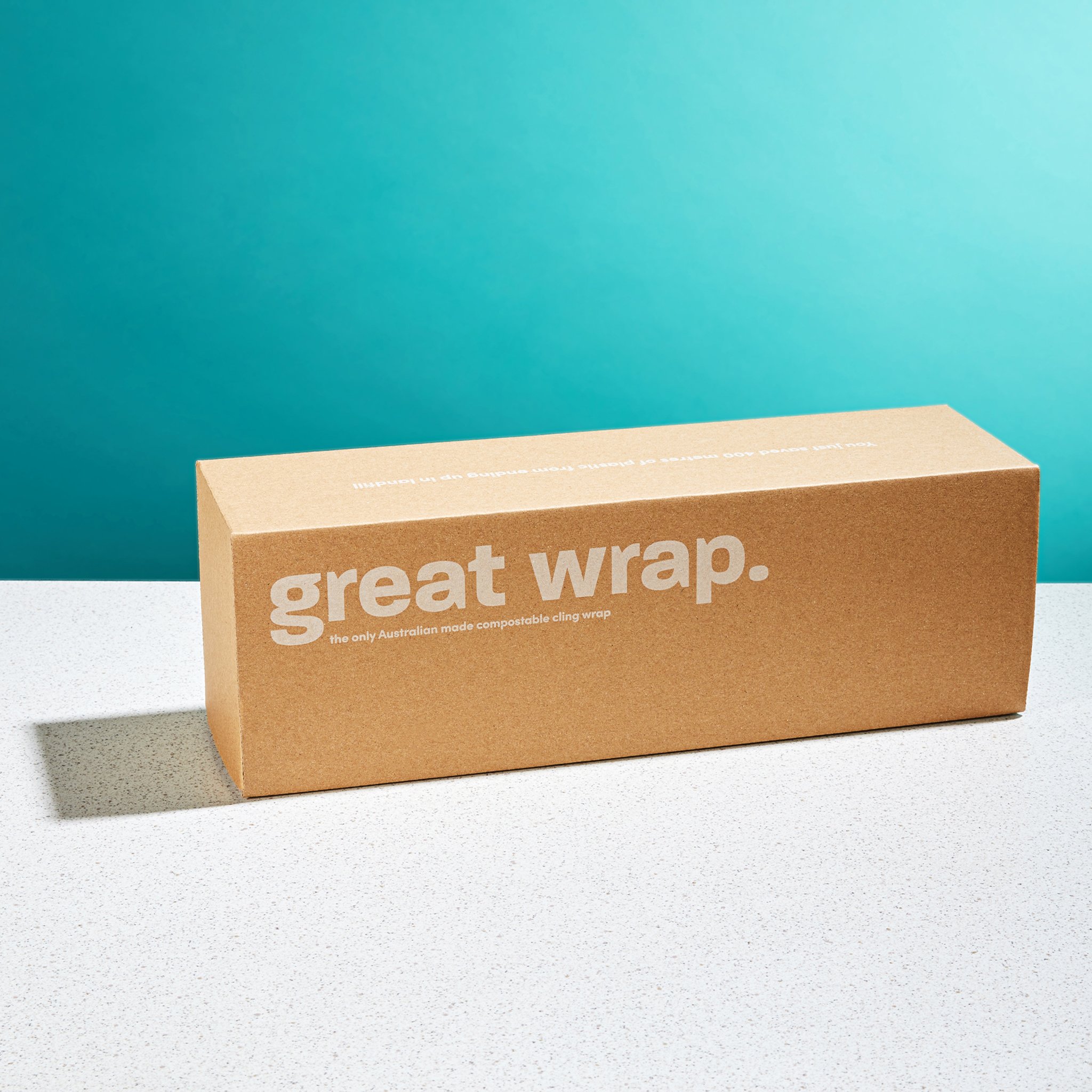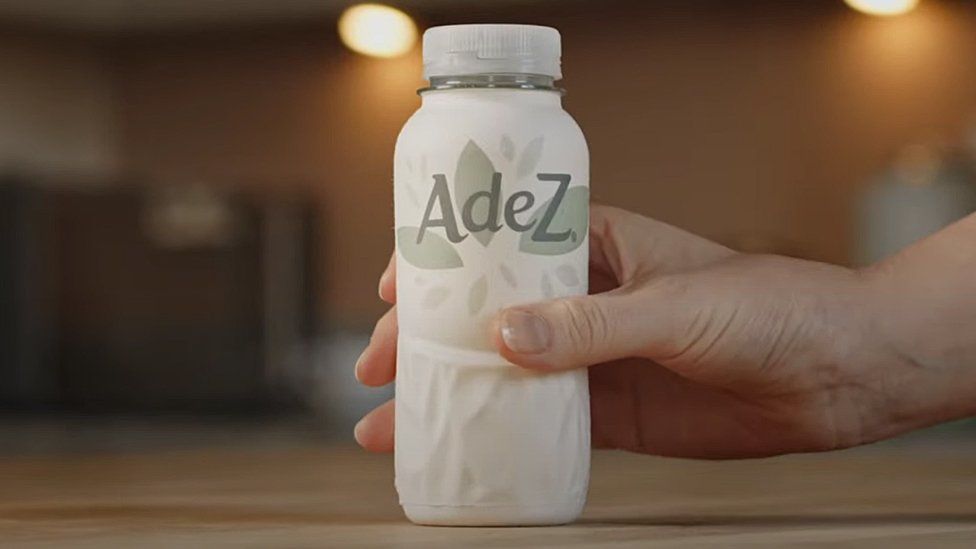May 27, 2021 by Mark Dingley

Manufacturers the world over are racing to package their products in more sustainable packaging. Since 2000, the plastics industry has manufactured as much plastic as all the preceding years combined, found a World Wildlife Fund report in 2019.
The biggest purchaser of plastic products is the packaging industry, accounting for almost 40%. Many manufacturers are now looking beyond reusable and recyclable packaging to plant-based materials, such as popcorn and potatoes, in a race to replace single-use plastic with biodegradable and compostable packaging.
Here are the top innovations in biodegradable packaging:
Mars Wrigley recently announced a two-year partnership with US-based biodegradable materials manufacturer Danimer Scientific to develop packaging that can be composted by consumers. Danimer Scientific’s packaging is a type of polyhydroxyalkanoate (PHA) intended to still look and feel the same as plastic.
The polymer product is made from canola oil and acts in a similar way to wood, so it breaks down when bacteria interact with it. Where regular plastic takes anywhere from 20 to 450 years to fully decompose, this material can be thrown into the compost where it will break down much faster. The packaging is expected to be rolled for the Skittles brand to US consumers by late 2021.

Coca-Cola is thinking outside the box on its mission to reduce the use of plastics from its packaging. Soon it might be asking consumers to drink Coca-Cola from a bottle made from…paper. The prototype was developed by Danish company Paboco, “the paper bottle company”, after they were given the brief to create a recyclable, plastic-free structure able to withstand the forces exerted carbonated drinks bottled under pressure.
There were other challenges too – the team needed to ensure no fibres flake off into the liquid and the paper needed to be mouldable to create the brand’s distinct bottle shapes and sizes. It also needed to be possible to mark and code onto the bottle. Some industry commentators have questioned the feasibility of Coca-Cola’s proposal and suggesting it might be “greenwashing”.
Images of plastic six-pack rings hurting wildlife have plagued beverage and beer companies for years. Now, E6PR has made a game-changing six-pack ring made entirely of compostable agricultural by-products. Their goal was to develop a biodegradable product that was able to replace a ubiquitous single use plastic one, and Jorge Reynoso, CEO and co-founder of Mexico-based E6PR said, “Six-pack rings were high on the list.”
E6PR’s six-pack ring uses a host of nontoxic biodegradable raw materials including natural fibres discarded in everyday food and beverage production. Now the product is being used by approximately 300 beverage producers in 25 countries, including Corona, Heineken and lots of craft breweries all over the world.
.png)
IA research group at the University of Göttingen in Germany has been investigating manufacturing processes for products made of popcorn, as environmentally friendly alternatives to polystyrene or plastic. The group has created three-dimensional moulded forms that can be produced from ‘granulated’ popcorn, which is both environmentally friendly and sustainable.
The new products also have water-repellent properties, which opens up new avenues for future applications. The university has just signed a licence agreement with the company Nordgetreide for the commercial use of its process and products for the packaging sector.
Spanish company Patatas Lázaro has launched the first fully biodegradable plant-based packaging format. The packaging is made from paper and bamboo mesh, and features water-based inks and vegetable-based glues – all of which means it is fully recyclable.
Australian start-up Great Wrap is using food waste instead of oil-based derivatives to make a home compostable plastic wrap alternative. The wrap is manufactured in a factory in Melbourne, which is solar powered, and takes less than 180 days to break down into carbon and water in a compost pile.
Co-founder Jordy Kay told PKN, “I started as a winemaker, while Julia was an architect, and between the both of us, in our different industries, we were using a disgusting amount of pallet wrap in our operations.” Australia goes through 150,000 tonnes of stretch wrap each year, and Mr Kay said they plan to turn a third of this figure into plant-based wrap by 2021, while launching commercial kitchen and pallet wrap, and expanding internationally. Great Wrap rolls are now available to purchase online from the company website.
From global corporations and universities to Australian start-ups, organisations around the world are exploring different materials in a bid to create more eco-friendly packaging and move away from single-use plastic. The question is, what will it take for more manufacturers to move across to eco-friendly packaging?
Currently, the costs are still three to five times more than regular packaging. However, the more widespread they become, the more attractive it will be to use biodegradable packaging. And as more and more Australian consumers demand it, manufacturers won’t have much choice.
For more inspiration on eco-friendly business practices, see what these Australian companies are doing in sustainable manufacturing.